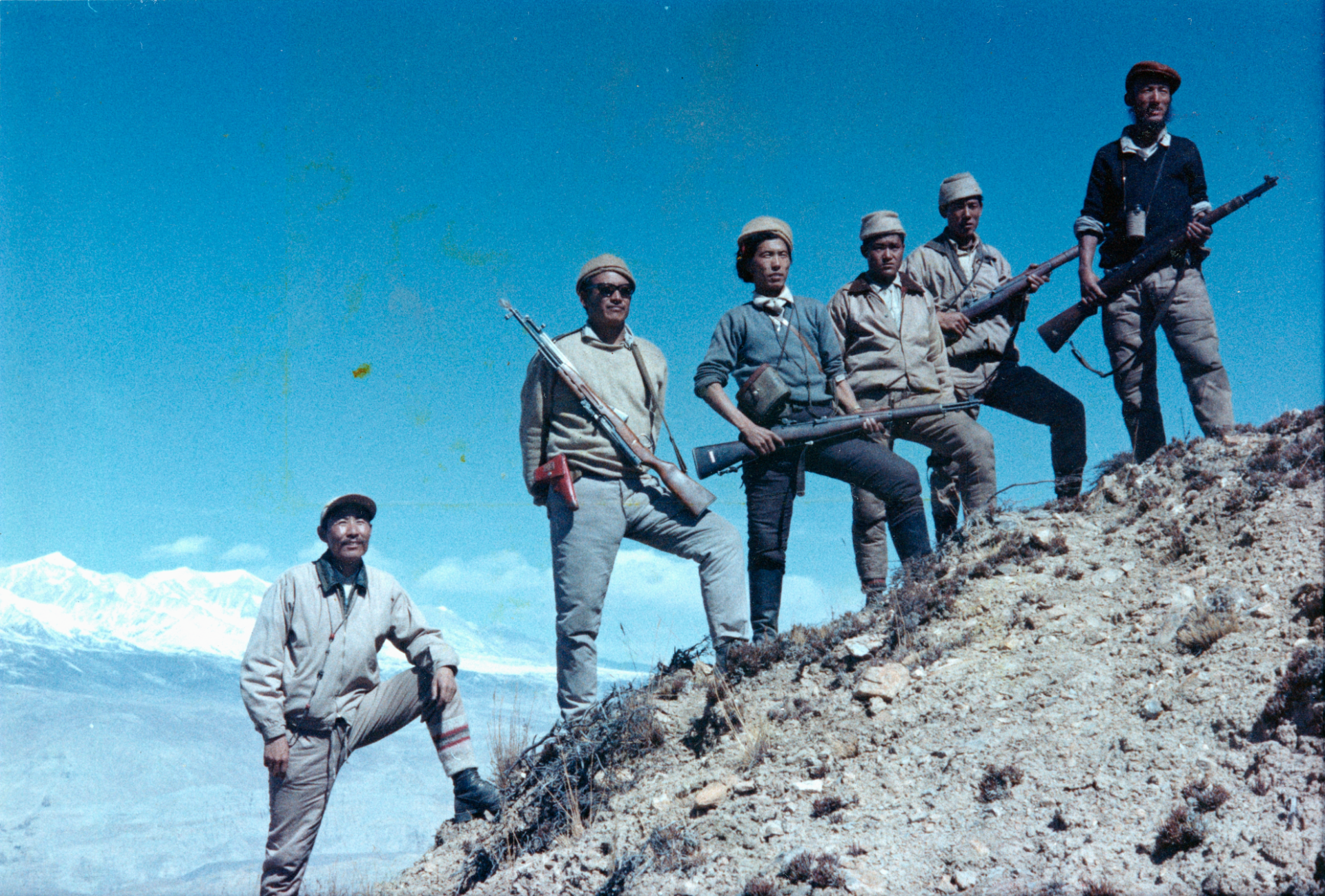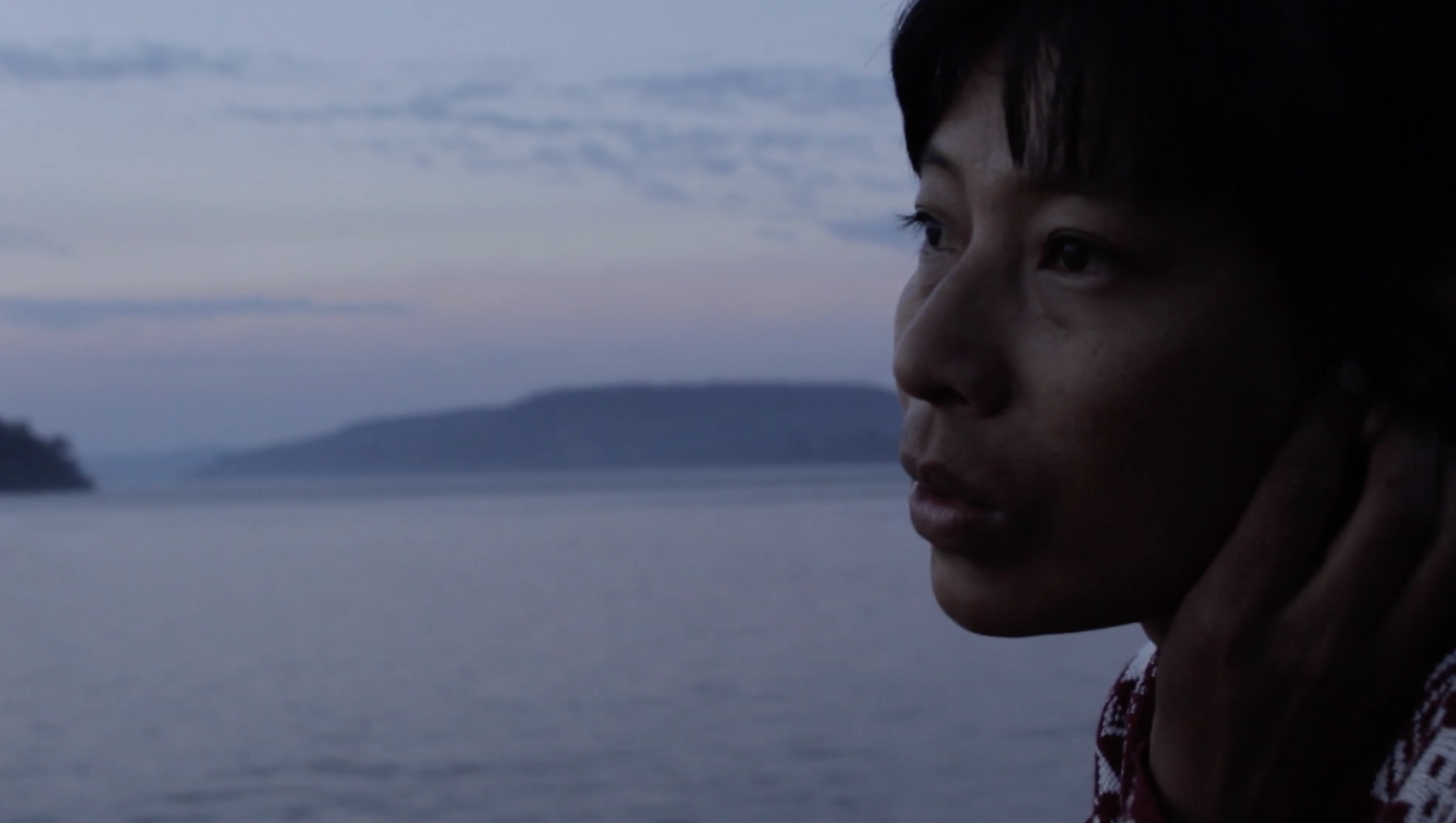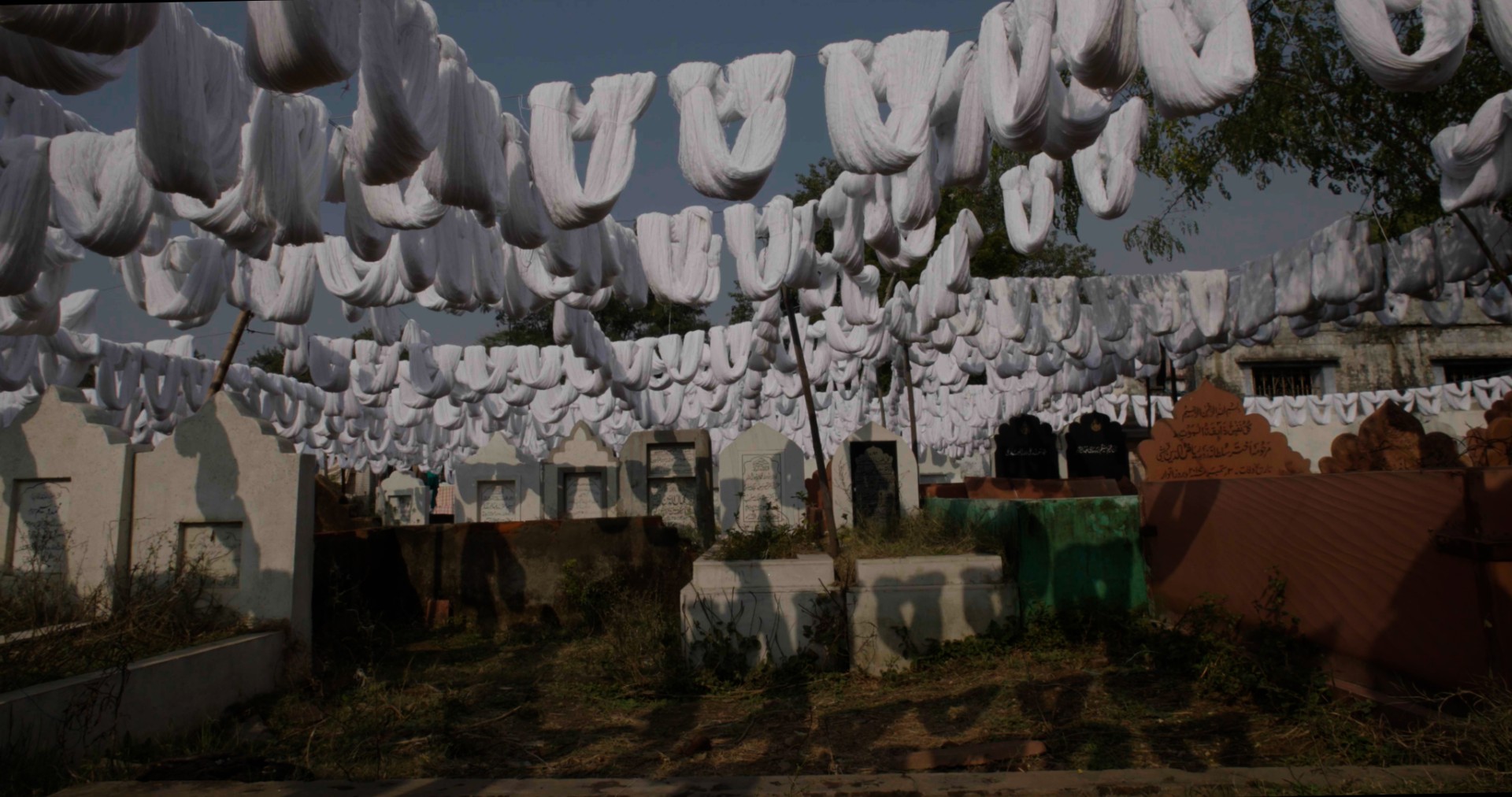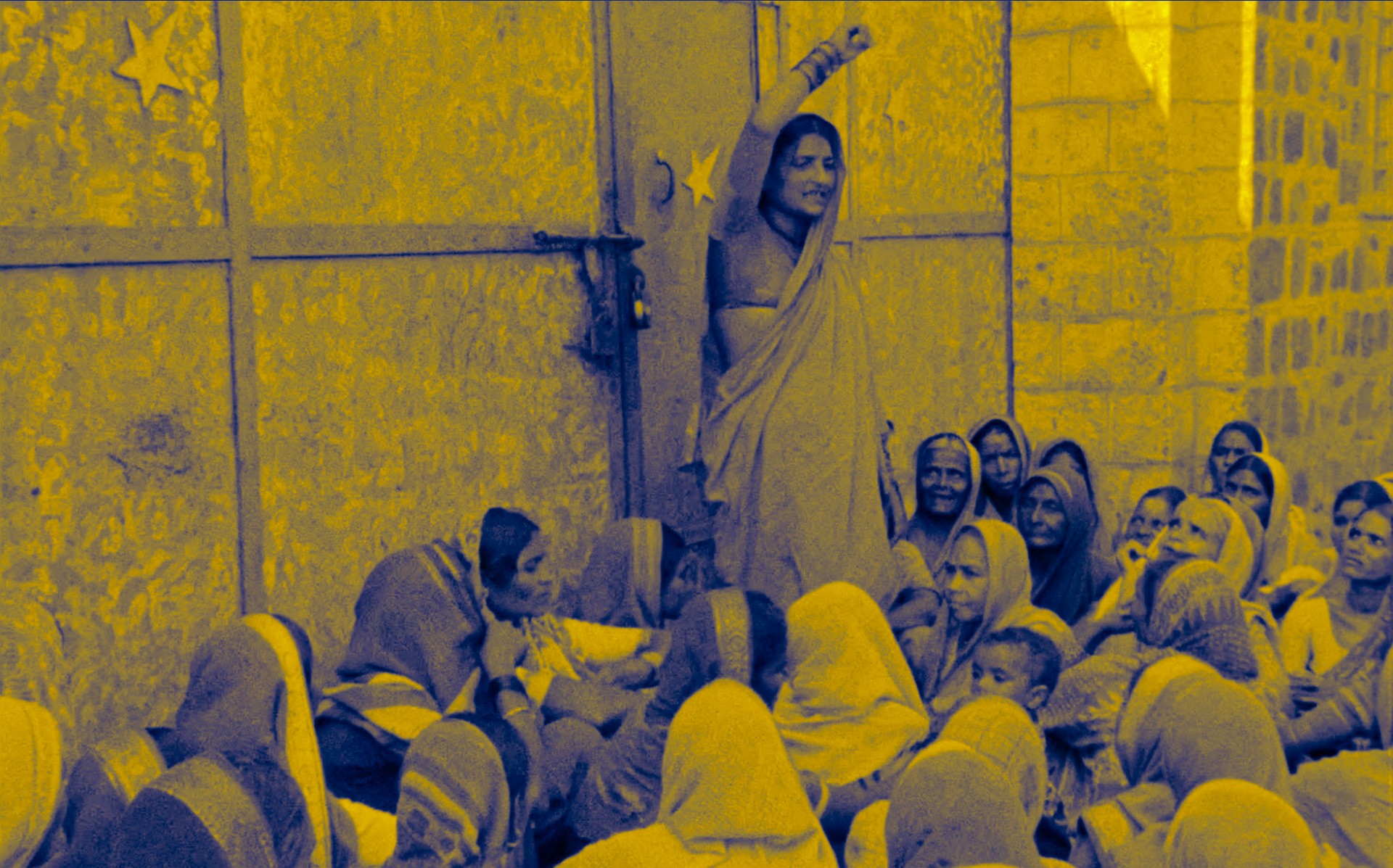WELCOME TO APPLIED FICTION:
A Film Exhibition by Jean-Pierre Bekolo
Exhibition 11.02.–25.02.2016
Opening 10.02.2016 18:00 DJ Pam Bam 22:00
Guided Tours Fri–Sat 16:00
Workshops Wed, Thu, Sun 18:00–20:00
Collaborator DAAD Artists-in-Berlin Program
CURATion Katharina Narbutovic, Bonaventure Soh Bejeng Ndikung
CURATORIAL ASSISTANce Lauren Moffatt, Lema Sikod
One has to choose between engaging in stylistic research or the mere recording of facts. I feel that a filmmaker must go beyond the recording of facts. Moreover, I believe that Africans, in particular, must reinvent cinema. It will be a difficult task because our viewing audience is used to a specific film language, but a choice has to be made: either one is very popular and one talks to people in a simple and plain manner, or else one searches for an African film language that would exclude chattering and focus more on how to make use of visuals and sounds.
Can we call this an exhibition? A film exhibition? Is this really about showing films? Viewing film, reading film or living cinema? Wouldn't it be more appropriate to say we are View-ding (from viewing, reading and living)? Viewding, a practice imposed on us by what the moving image has become in the new media far from the big screen in the dark room...we have to read images as we read books. This obliges us filmmakers to write films in a way one can read... I mean viewd them... away from the formulae-films, the recipes that have hijacked humanity from storytelling experiences and imaginaries,
Welcome To Applied Fiction! Where filmmaker, writer and critic Jean-Pierre Bekolo radically questions and deconstructs the notions, processes and perceptions of both film- and exhibition-making. By dissecting, unpacking or dismantling the concepts of cinema and exhibition into their singular units and by displaying them, Bekolo engages in a pathological inquest, an autopsy of the arts of film- and exhibition-making. Inherent to this diagnostic process are the etymological logia (to account of/for) and pathos (experience or suffering) that might help understand what film- and exhibition-making mean in our contemporary.
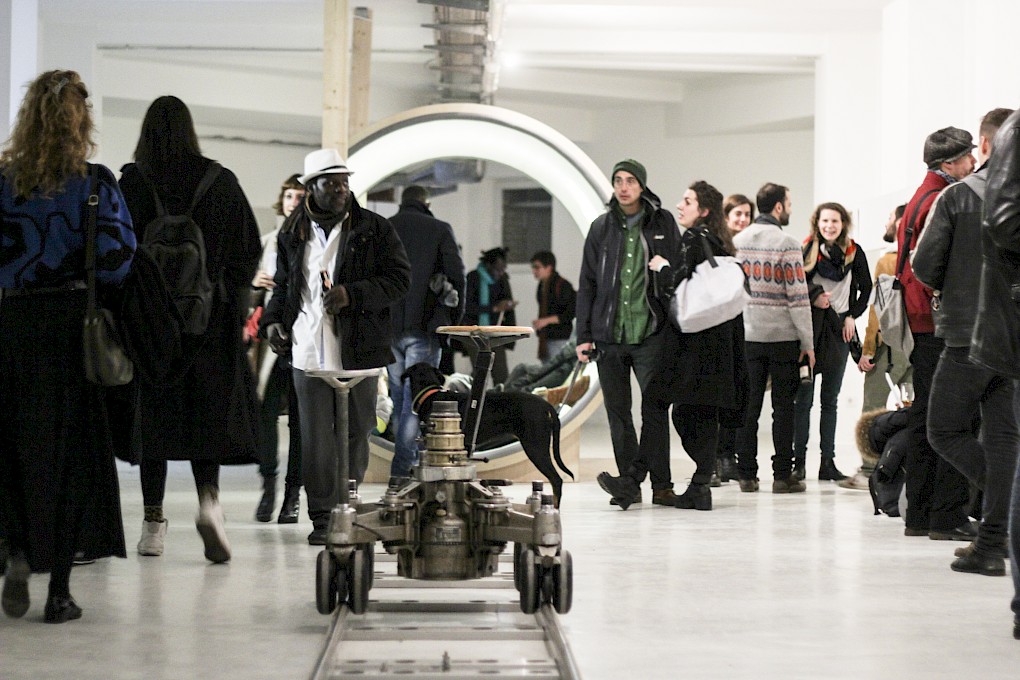
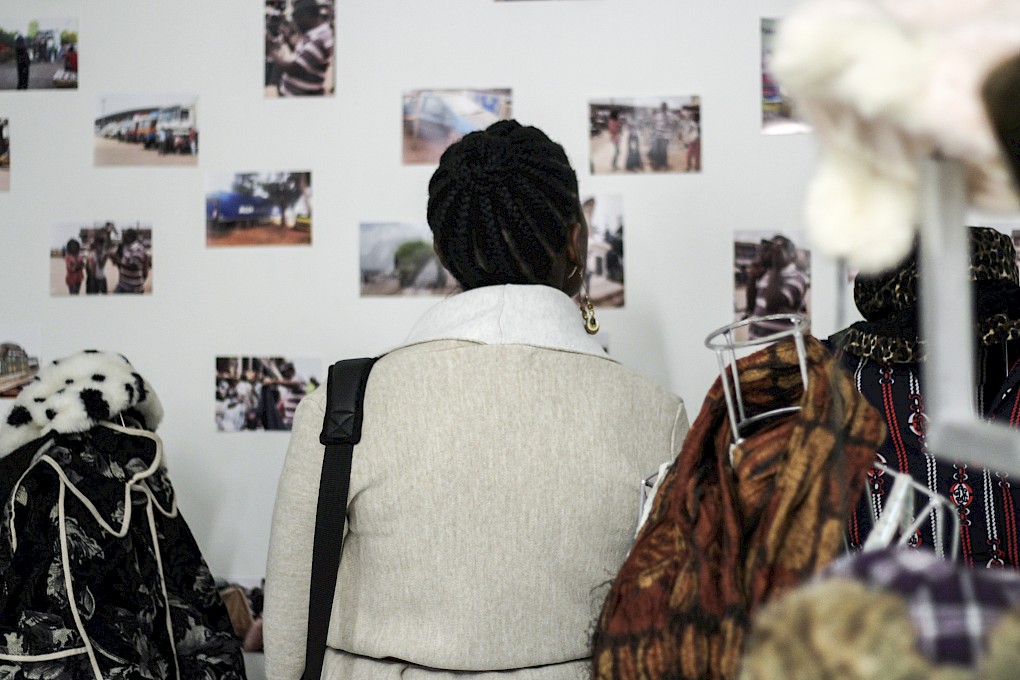
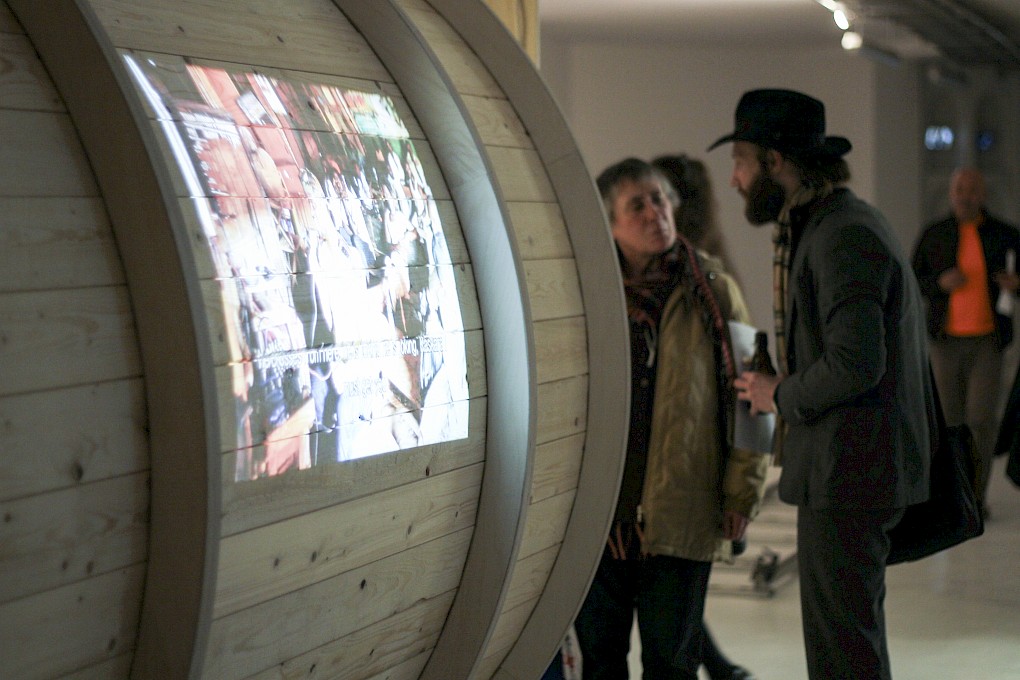
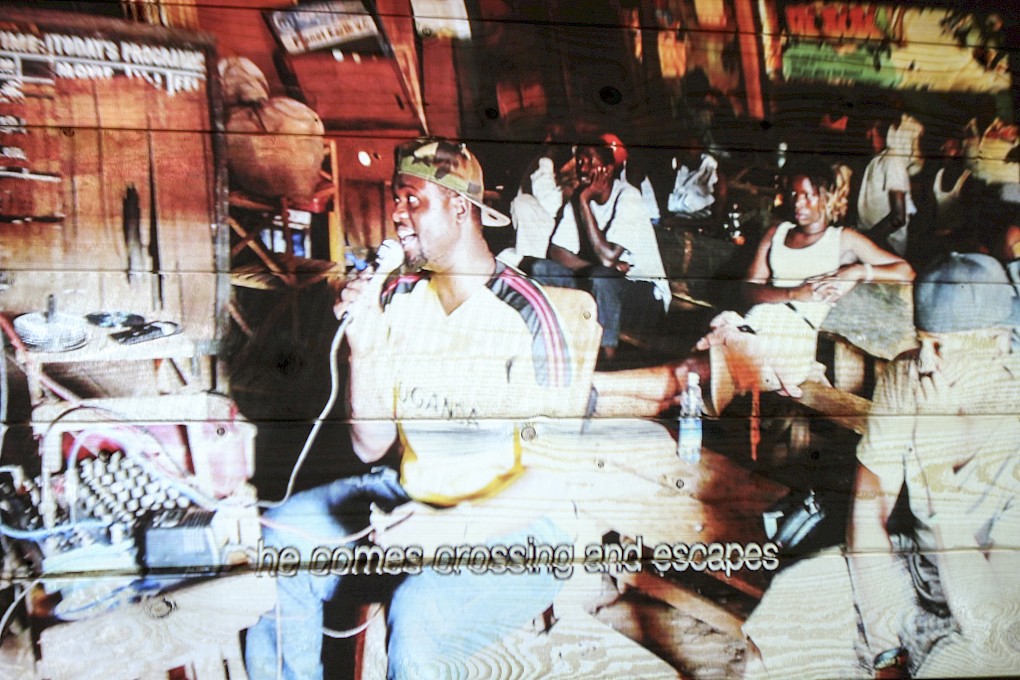
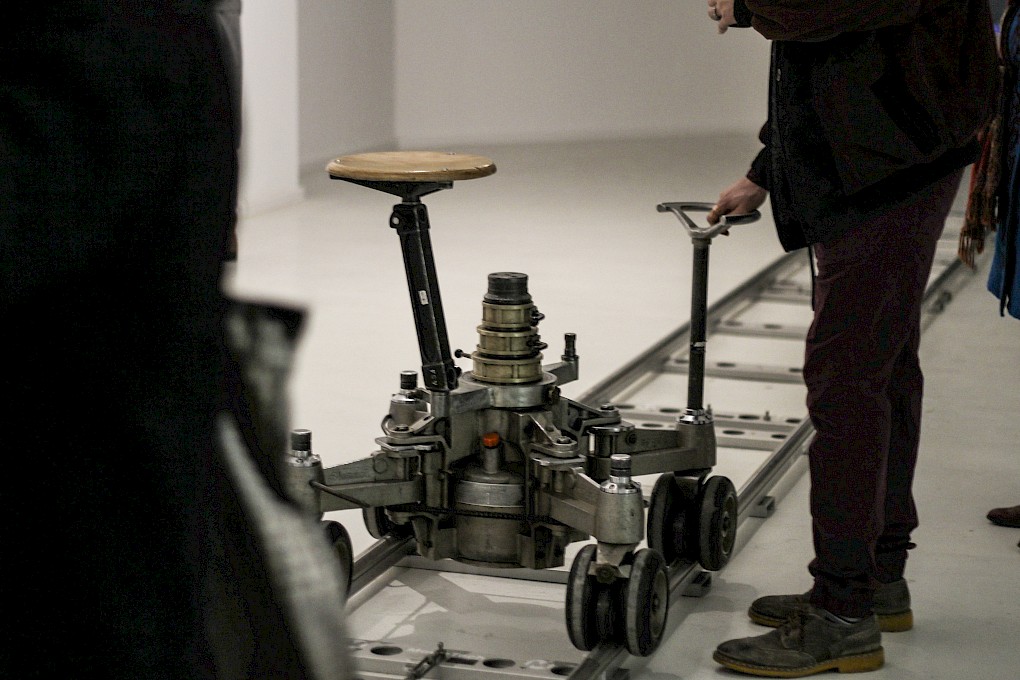
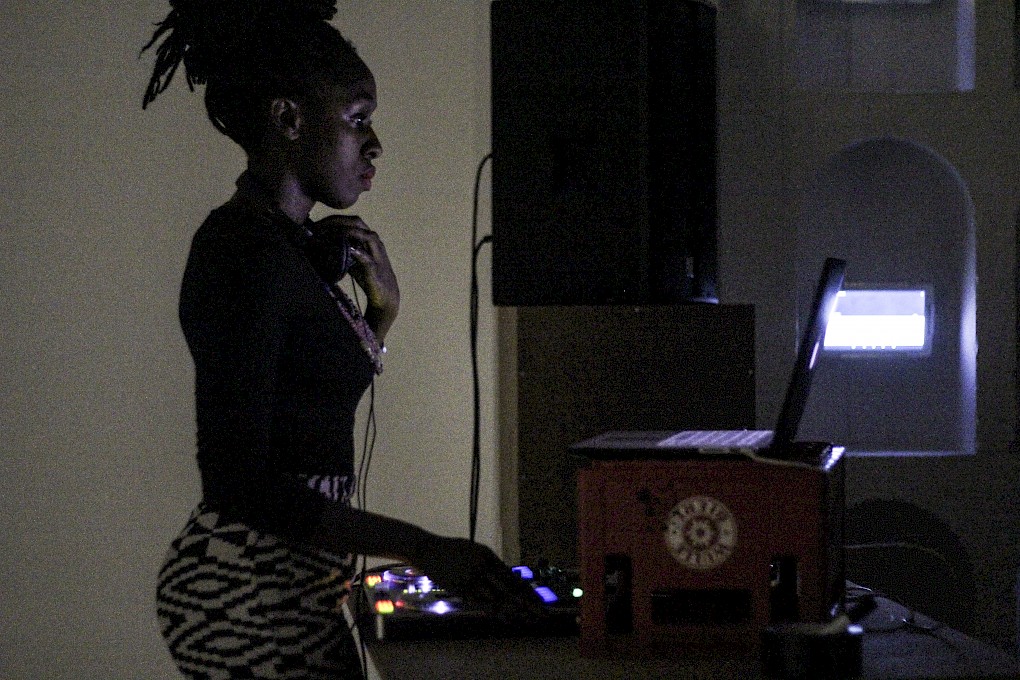
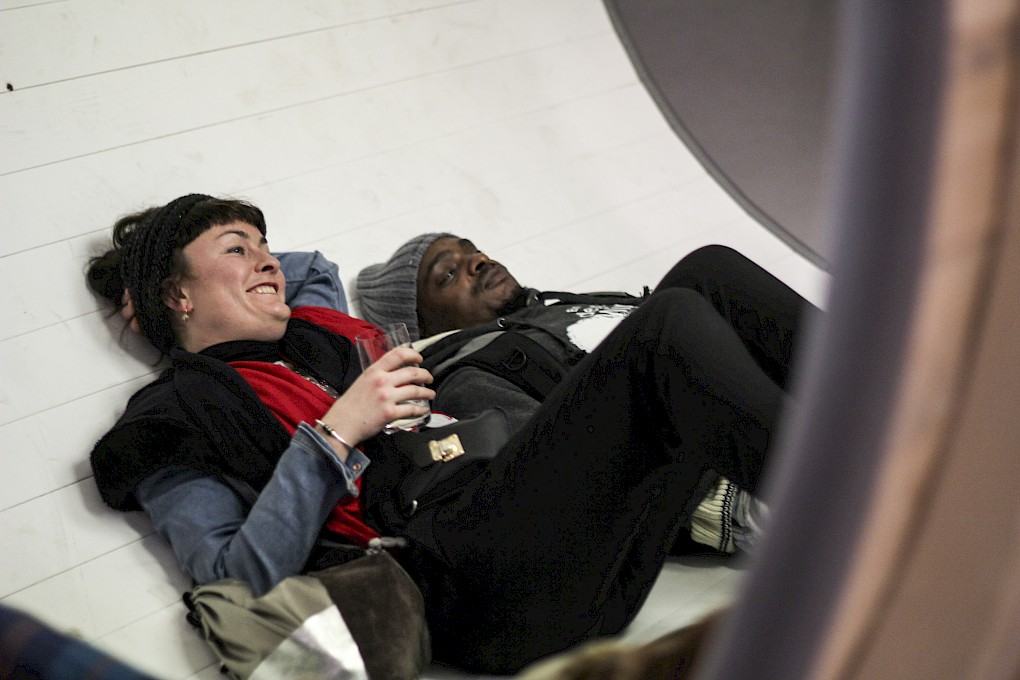
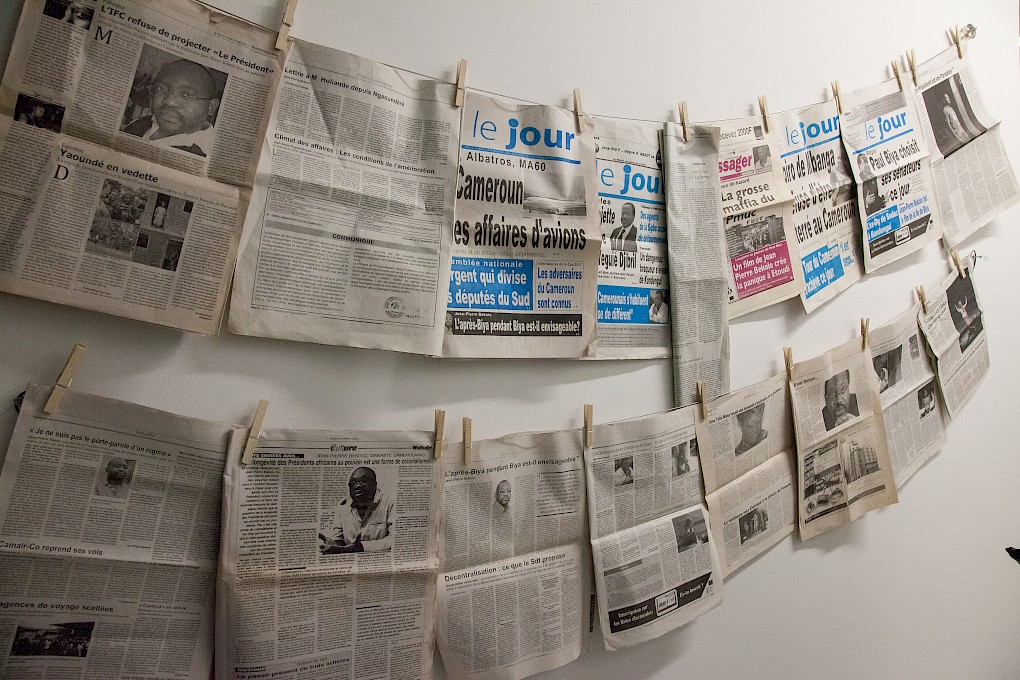
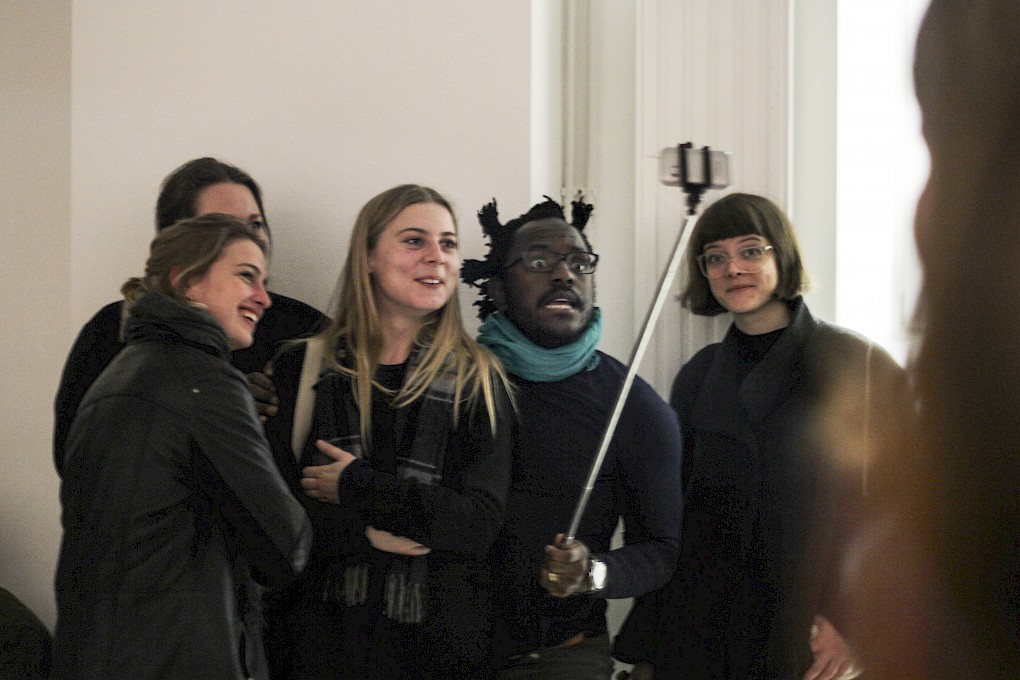
Like many critical voices before him, Bekolo neither takes cinema at face value nor takes it for granted, as he questions the essence of cinema, that is to say he rummages in the being of cinema, which one could also superlatively call the quintessence of cinema. “If cinema is made of things and of people, it is important that we revisit what we make cinema with; the tools, the language and the process through which we capture and organize this second life we call cinema that we can see outside of ourselves like radiologists and that is a narrative speculation on our lives,” says Bekolo. In this process of revisiting, uncovering, turning the pot up-side-down to see what is underneath the pot, but also giving room for the pot to be used as something else other than the pot – say as a drum – Bekolo carves out a couple of theoretical concepts, bodies or questions that will each materialize in the exhibition WELCOME TO APPLIED FICTION as the installations: Motion Thinking, Filmmaker Without a Camera, Return to Sender, Cinema with Everything, Cinema in Everything, Cinema of Everything, Film Brain – The Memory, Mining for Minds, Auteur Learning, The Miracle Room.
At this juncture it seems appropriate to ruminate on the “application” of “applied” in the context of WELCOME TO APPLIED FICTION. What is “applied” in the age of apps (applications) – these technological achievements meant to facilitate or even perform our beings, as they coordinate our activities, functions and thoughts? The app as a second spinal cord of the human being, to shorten or reduce the use of the brain, as reflexes now are either coordinated through the nervous system of the spinal cord or through the computational system of the app. So “applied fiction” as facilitated, accessible fiction? But if the “applied” in Applied Mathematics is about the practicality or the implementation of mathematics to study the biological, physical, economic and sociological world, then ‘applied fiction’ might also be the implementation of fiction to understand these the biological, physical, economic and sociological worlds and beyond. Bekolo's exhibition could be understood as an enactment of the presentational and representational in real-time, which includes both reality and its fictions, and in which both the maker and the spectator are appropriated into the process on filmmaking, and in which real life is the cinema and its fiction.
Jean-Pierre Bekolo is a film maker, writer and critic from Cameroon. His debut film Quartier Mozart received the Prix Afrique en Création at the 1992 Cannes Film Festival. His second film, Aristotle's Plot, was commissioned by the British Film Institute to celebrate the 100th anniversary of cinema, and was the first African film selected at Sundance. His 2005 released film Les Saignantes won the Silver Stallion and Best Actress Awards at FESPACO. Bekolo's video installation An African Woman in Space was on display at the Musée du Quai Branly in Paris in 2008. Banned in Cameroon in 2013, Jean-Pierre Bekolo’s controversial film Le President questions the phenomenon of Africa's “perpetual governments”. His 4-hour documentary Les Choses et Les Mots de Mudimbe was part of the official selection of the 2015 Berlinale. In 2009 he published Africa for the Future – Sortir un Nouveau Monde du Cinéma. Bekolo has also taught at UNC Chapel Hill, Duke University, and the University of Yaoundé. Since 2006, Bekolo has served as the Secretary General of the Guild of African Filmmakers, and is the founding member of the World Cinema Alliance. In 2015 he received the Prince Claus Award. Since the summer of 2015 he is a fellow of the DAAD Artists-in-Berlin Program.
Credits and global thanks
CAMEROON
Christelle Magne, Junior Chavez (Paul Engo), Malou Zogo
UGANDA
Arlen Dilsizian, Derek Debru
SOUTH AFRICA
Marc Nekaitar, Motlago Masoka, Eugene Paramoer
NAMIBIA
Oshosheni Hivelua
BERLIN
Heather Moore, David Bovill, David Guy Kono
BARCELONA
Monica Rikic, Inongo Makome
PARIS
Pierre Fezeu
Support Welcome to Applied Fiction is a coproduction by the Berliner Künstlerprogramm des DAAD and SAVVY Contemporary–The laboratory of Form-Ideas, funded by Auswärtiges Amtes (AA)


